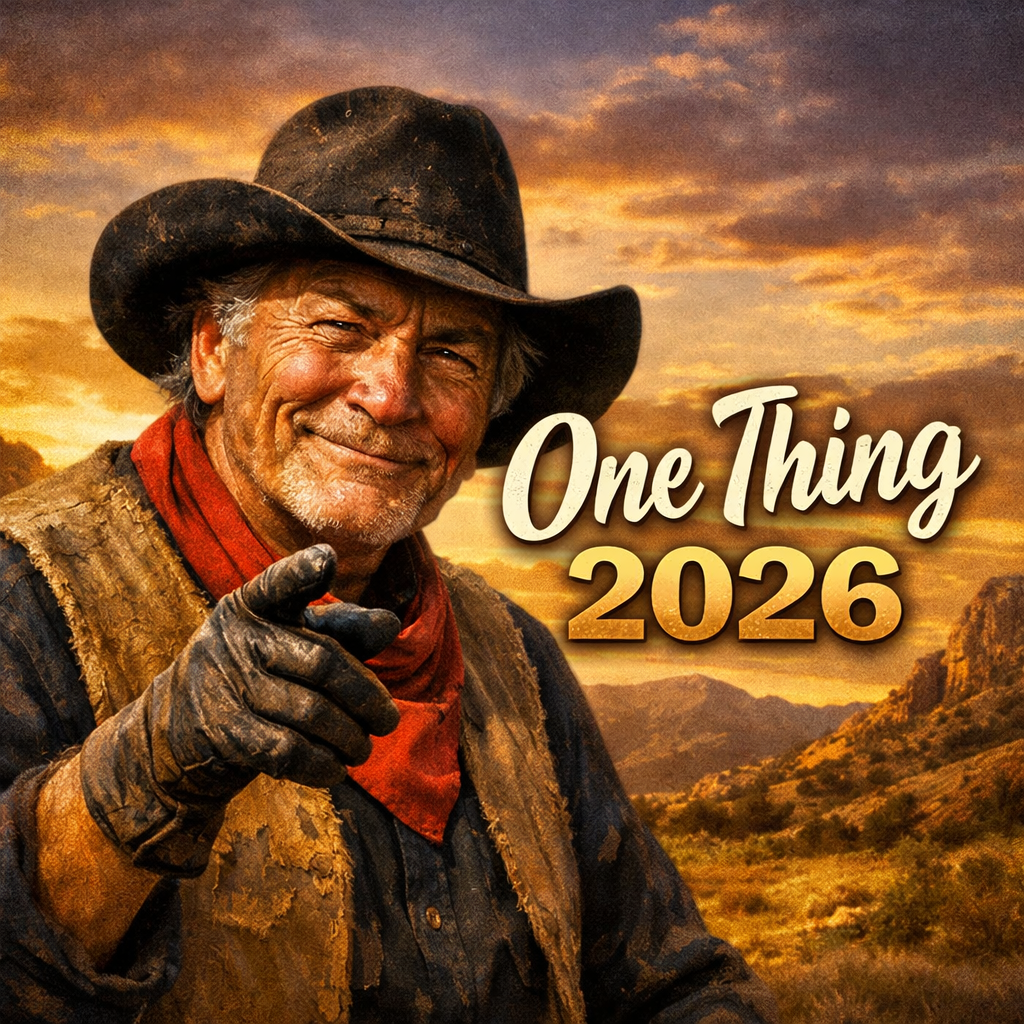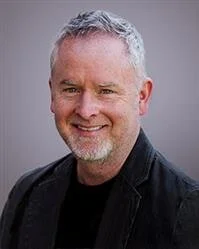Ron and Ed are pleased to welcome Aaron Harris, Global CTO of Sage. Aaron is responsible for Sage’s technology and product vision. Aaron is hands-on leading investments in AI/ML, blockchain, and other emerging technologies to transform the way people think and work.
A Bit More About Aaron:
Aaron Harris has more than 25 years of high-tech engineering experience in business applications and software development strategies. From Sage Intacct's earliest days, Aaron has led the company's product vision and technology direction. A pioneer in cloud computing, Aaron helped Intacct build the world's first cloud architecture delivering on-demand financial applications. He regularly contributes to the development of best practices for cloud computing, service oriented architecture, platform as a service, and accounting and finance technology standards. Aaron holds a Master's degree in information systems and a Bachelor of Science in accounting from Brigham Young University.
Ed’s Questions: Segment One
We are thrilled and privileged to have Aaron Harris who I mentioned as the global CTO of sage. Aaron is responsible for Sage’s technology and product vision. He is hands on leading the investments in artificial intelligence, machine learning, blockchain, and other emerging technologies to transform the way people think and work so their organizations can thrive. And that's the second time you've heard that already. So at least we're on the same page. Aaron holds a master's degree in Information Systems and a Bachelor of Science in accounting from Brigham Young University. Welcome to the Soul of Enterprise Aaron.
Good to be on the same page. And I actually do really love that phrase. So it's very fun to be able to say it once a week when we do the show as a reminder, but just to let you know, you're only the third person from Sage other than me, obviously, to have appeared on the show. And we just surpassed our 300th episode. So it's like once every hundred episodes we have somebody from Sage on. I won't say that the other two are no longer with Sage. I won't say that.
Well, I don't think it was a result of the show. So I think we're totally unclear on that. But hey, the last time I saw you was at the Sage Partner Summit in Orlando, and then all hell broke loose [COVID-19], right? How are you doing, personally?
Yeah, that's great. Do you get more reading in or less reading? I get less reading in because I'm on fewer planes, so it's weird.
Has American Airlines called and said, “Hey, we'd really like for you to come back at some point.”
I hadn't planned to ask you this, but you mentioned COVID. I know that you have a fascination with data and as a data guy, what's your analysis from a data set standpoint about what's going on with COVID?
Actually that's a perfect lead-in because I think that there's some things that we want to talk about that's related to that from an accounting standpoint. And as I mentioned, we last saw each other at the Partner Summit and you had been talking about the release of Sage Business Cloud. In fact, I re- watched your speech and you said put your cell phones away, this isn't out yet. But now it's out and you can talk about it. So why don’t you share with me at a high level, what is Sage Business Cloud and what are we doing with it?
And interestingly enough, one of the things that you said is that identity is the new tendency for this. And it really all starts off with this notion of identity. And I thought that that was a really cool point. And we've got about two minutes before our break. So if you could just give us a snapshot of that notion of what is identity as the new tenancy mean, since it sounds like gobbledygook, but I think it's really important point.
Yeah, really, as I said, a critically important point, and perhaps we'll get back to that. I know Ron is going to ask you about some stuff, him being an accountant. So we're going to jump to that in our next segment.
Ron’s Questions: Segment Two
Welcome back everybody. We're talking with Aaron Harris Sage’s global CTO, and Aaron I watched your Summit presentation as a reference and I thought it was just a great talk; you made so many really good points. But before we get there, one of the first things you said was you’re alumni of Arthur Andersen, and you left before the ship sank. I just wanted to talk to you about your days there, did you end up at St. Charles? Or was that already closed by the time you got there?
Excellent. What else did you learn from your days there because the Big Four—and I'm a recovering CPA, I started my career, just to give you an idea, at Peat Marwick Mitchell, so that's how you carbon date a CPA, you figure out how they refer to the big eight, big six, whatever—what did you learn there?
So you left Arthur Anderson and then you went and founded Intacct, with some others, including somebody from AA, is that right?
That's excellent. It had to be a heck of a journey, given when it was founded, right after the .com explosion.
That's awesome. And then Sage purchases Intacct in 2017. Were they thinking of going public prior to that, was that part of a process?
I also wanted to ask you what's the difference between working in a privately held company versus, now, a public company?
Thanks for that great answer. You also, in your talk, used a couple phrases like the one that you discussed with Ed about identity. I wanted to ask you about what you called “the era of abundant computing.” What do you mean by that?
I thought that was a great point as well. You also use the term “effortless elasticity.” I hate to do this to you, because we’ve only got about a minute, but explain effortless elasticity.
Ed’s Questions: Segment Three
We are talking all things technology with Sage CTO Aaron Harris, and Aaron you'll appreciate this. I recently had a Facebook exchange with someone who used to work at one of our competitors in the low market. I won't say who, and the one thing that he said, he said, “Sage is on fire.” And then his first comment was right underneath it: “And I mean that in a good way.”
And I think that that's largely due to some of the great stuff that you guys have been doing on the innovation side in the last three years. I wanted to pick up on something that you were talking about earlier. And that is through multi-tenancy and identity, what this allows to happen is that artificial intelligence can then learn from all customers and not just one customer. That's going to have a fantastic impact. And I’d really love for you to dig down on that a little bit.
I heard a couple of years ago that UPS and FedEx both kind of have this side business selling their data in an anonymous way for all of the tracking things that are going on. And I imagine, I'm not saying that we should do this, Aaron, but data is the new oil in that sense, right, that this is a possibility that data in and of itself is so valuable. Sage could have some influence on that.
And the next thing I want to talk a little bit about is, there's a fear, I think among a lot of people that AI is going to take away a lot of jobs. And in fact, another thing that somebody was talking about this week is don't use the automated machines at Target because they're taking away jobs. And the person who posted this, by the way, happened to be an accountant. And I said to her, “Well, I guess you don't use Excel. It's taken away a job.” But you really believe, as do Ron and I, that AI that with AI jobs will change, but it's really going to elevate humans. And I'd love for you to talk about that. Because I think that's such an important point.
Yeah, Ron and I often say that we, as a species, humans are really good at figuring out new and better ways to serve one another. And that that's an incredible thing that we can do as human beings. I love the thing that you mentioned to me, I guess this was posters on the wall out in San Jose, “Robots lack social skills.” The last thing I wanted to quickly ask you about, I'm just gonna jump to this and perhaps give Ron a little more time. We I like to do this with some of our guests where we just play underrated and overrated. So what I'm going to do is I'm going to give you a quick list of five things we'll go through and you're just going to say whether you think they're underrated or overrated, and why, and if you want to add color, that's fine, so are ready? So the first one, DFW Airport underrated or overrated
Yeah, well I think people who use DFW like we do as the hub love it. Those that have to fly through it, don't, and I'm sure you're aware this great saying, I think Kinky Friedman said it, “You can't get to Heaven or Hell in Texas without going through DFW.” Second, driverless cars, underrated or overrated?
Okay, and I know you and I are both children of the 80s and I want to know, underrated or overrated: Dexys Midnight Runners’ “Come on, Eileen”?
Okay, fair enough. This is a Texas reference: Shiner Bock beer, underrated or overrated?
All right, last one, falls in Vermont, underrated or overrated?
Ron’s Questions: Segment Four
Welcome back, everybody. We're here with Aaron Harris, Sages CTO. Aaron, you talked about programmatic trust, which is the blockchain. The Economist called it “the trust machine.” Is this as revolutionary as we were led to believe?
I think Ed recommend to you that you read George Gilder’s book Life After Google, and Gilder is my 40-year mentor. So I think everybody we know has to read his stuff. But he calls it the eighth layer of the internet, the trust and transactions layer. And he also agrees that it's revolutionary. And I want to ask you, if you agree with his assessment in Life After Google, that right now he laments the whole security aspect of the internet. He says, it's a bolt-on app, that instead needs to become part of the architecture. Do you think blockchain can serve that role and can finally get rid of all these passwords and the name of the first street you lived on, and all these dumb questions?
What do you think about the EU’s GDPR regulation? Is that the path we should follow?
You've got an interesting perch on the accounting profession. And I wanted your take on what do you see as the biggest threats and opportunities facing the profession?
Amen, that's fantastic. What are you reading right now?
Oh, that's a fantastic book [Lonesome Dove]. One of my favorites.
I'll recommend one to you that I'm in the middle of right now and it's Humanocracy by Gary Hamel. And given what you were saying about the difference between working for a public versus a private company, it's a screed against bureaucracy. But I really like Gary Hamel. I think he's a great management thinker. And I'm just finding it very, very enjoyable.
I think you'll enjoy it. Who are your mentors? And why? [I'm stealing this question from Ed. He always asks this, but I'll ask it to you].
Well, unfortunately Aaron, we're at the end of our time, but thank you so much. It's been an honor to have you on, and Ed, what's on store for next week?
Ed: Next week, Ron, we welcome to the show Ronald Bailey.
Ron: Fantastic. All right, I'll see you in 167 hours.
Bonus Content is Available As Well
Did you know that each week after our live show, Ron and Ed take to the microphone for a bonus show? Typically, this bonus show is an extension of the live show topic (sometimes even with the same guest) and a few other pieces of news, current events, or things that have caught our attention.
Click the “FANATIC” image to learn more about pricing and member benefits.
Bonus episode 106 — “Boycotts (huh) and Bordeaux” — features a question from super fan and listener, Donna:
Hey, Ron & Ed! I'm a longtime super fan and Patreon subscriber. I've listened to all of the 304+ episodes and the bonus episodes and I love them! I have a question that I'd love to hear your thoughts on. I am a CPA and our firm works with two very specific niche markets. The majority of our relationships with prospects are built at their industry conventions/trade shows each year. Of course, those are all canceled for this year and as a vendor member of these organizations, they want us to exhibit in the virtual convention. I have tried this for one and I see the value in teaching a class and building credibility, but the normal part of building relationships is a complete bust on the virtual side.
Any ideas of other ways to build relationships or get around this?











